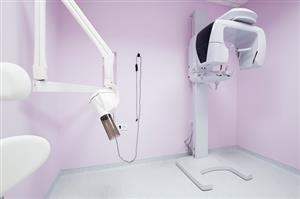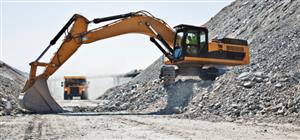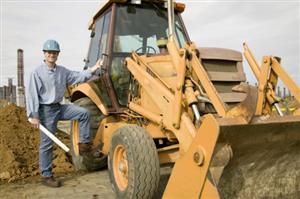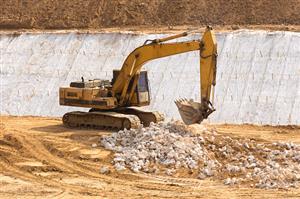
Hospitals are merging at an unprecedented pace, with mergers and acquisitions consolidating the healthcare industry. Integrating two businesses can be difficult, especially for the smaller player in the transaction, who may have less power in negotiating the merger. A medical equipment appraisal can help ease the transition during a hospital merger by determining an objective value of important business assets. Here's what you need to know about a medical equipment appraisal before a hospital merger.
What a Medical Equipment Appraisal Tells You
In a medical equipment appraisal, an appraiser with demonstrated knowledge of the industry will determine the true value of all medical equipment. An appraisal will help you estimate the replacement cost or remaining useful life of the equipment. These figures helps with tax purposes, by helping you determine the appropriate amount of depreciation to take or by determining the true worth of all business assets. Lastly, appraising medical equipment also shows you the fair market value of all equipment, which comes in use when negotiating the terms of the merger or acquisition.
It is fairly easy to identify the value of common medical equipment, such as MRI machines. For rare equipment, the appraiser may need to do extensive research. By reaching out to the manufacturer, identifying potential buyers, or searching out comparable equipment, the appraiser can value the machinery.
By taking the value of their medical equipment and their personnel, hospitals can determine their relative worth when being acquired or merging with a competitor.
The IRS will generally require an appraisal during hospital mergers. To satisfy the IRS, the appraiser will need to follow a specific set of criteria.
How an Appraisal Helps in Hospital Mergers
Without an appraisal, both parties would be relying on best guesses of equipment value, or book values that show what an item might be worth in a theoretical situation. When something as important as a merger taking place, all equipment must be accurately valued so the terms of the deal can proceed.
Medical equipment appraisals can help equalize diverse companies. If one player in the merger is a specialist, for instance a prosthetics lab with pricey and rare equipment, determining objective value without an appraisal can be impossible.
Medical equipment appraisals show the true value of business assets, painting a complete picture of each company's worth. Since appraisals are completed by a neutral third party with sufficient knowledge of the medical industry, they do not favor either side in a merger.
With this data, hospital attorneys can then iron out a deal that ensures that both parties' worths are respected. Starting the merger or acquisition process with respect is essential to the success. If one side feels disrespected during the deal, it can lead to mistrust and suspicion after the merger is complete.
Given the importance of an appraisal in determining value, it makes sense to get one as early as possible, before both parties begin discussing the merger or acquisition. So you get an accurate valuation of your equipment, find a qualified appraiser with experience valuing medical equipment.
More mergers and acquisitions are expected among hospitals and medical equipment providers, which means the need for an objective appraisal will only grow. It's smart to seek a medical equipment appraisal before a merger is necessary, so you know your company's worth and can explore all your options without pressure from a third party. Seeking an appraisal at the last minute may bring higher price tags, due to the urgency.




